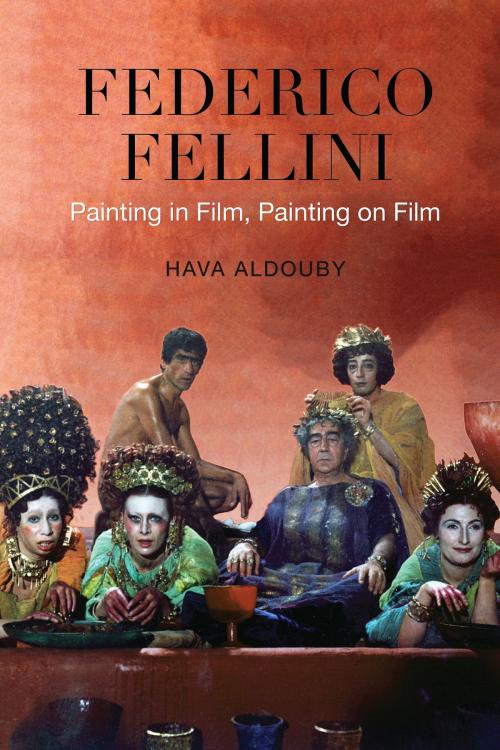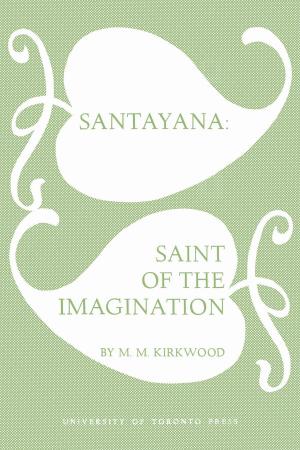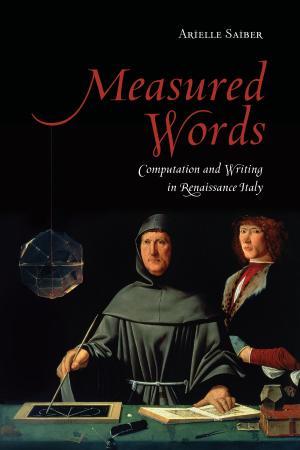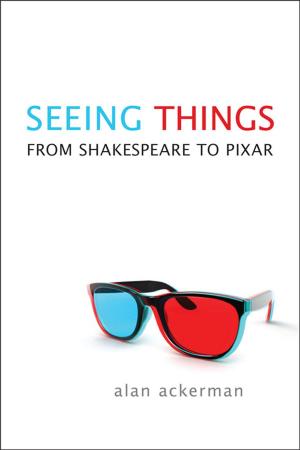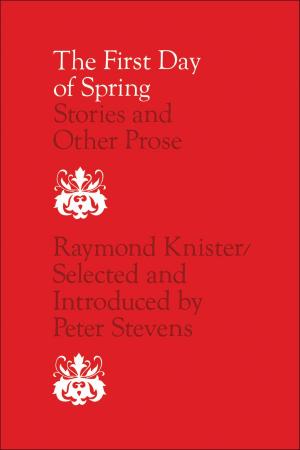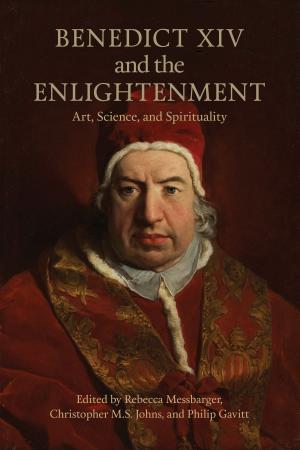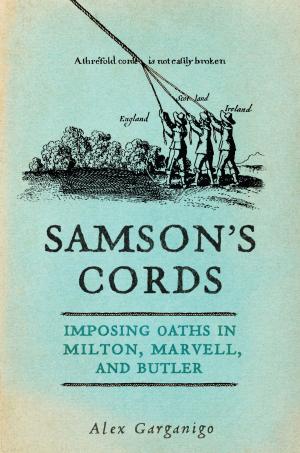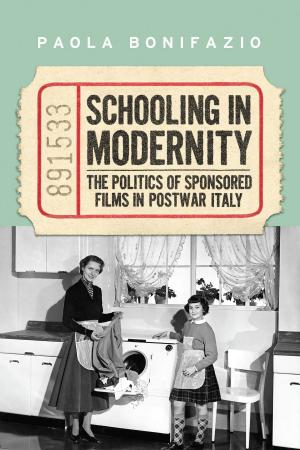Federico Fellini
Painting in Film, Painting on Film
Nonfiction, History, Italy, Entertainment, Film, History & Criticism, Performing Arts| Author: | Hava Aldouby | ISBN: | 9781442669598 |
| Publisher: | University of Toronto Press, Scholarly Publishing Division | Publication: | December 11, 2013 |
| Imprint: | Language: | English |
| Author: | Hava Aldouby |
| ISBN: | 9781442669598 |
| Publisher: | University of Toronto Press, Scholarly Publishing Division |
| Publication: | December 11, 2013 |
| Imprint: | |
| Language: | English |
Federico Fellini professed a desire to create “an entire film made of immobile pictures.” In this study, Hava Aldouby uses this quotation as a launching point to analyze Fellini’s films as sequences of “pictures” that draw extensively on art history, and particularly painting, as a reservoir of visual imagery. Aldouby employs an innovative pictorial approach that allows her to uncover a wealth of visual evocations overlooked by Fellini scholars over the years.
Federico Fellini: Painting in Film, Painting on Film sheds light on the intertextual links between Fellini’s films and the works of various artists, from Velazquez to Francis Bacon, by identifying references to specific paintings in his films. Using new archival evidence from Fellini’s private library, brought to light for the first time here, Aldouby draws out Fellini’s in-depth knowledge of art history and his systematic employment of art-historical allusions.
Federico Fellini professed a desire to create “an entire film made of immobile pictures.” In this study, Hava Aldouby uses this quotation as a launching point to analyze Fellini’s films as sequences of “pictures” that draw extensively on art history, and particularly painting, as a reservoir of visual imagery. Aldouby employs an innovative pictorial approach that allows her to uncover a wealth of visual evocations overlooked by Fellini scholars over the years.
Federico Fellini: Painting in Film, Painting on Film sheds light on the intertextual links between Fellini’s films and the works of various artists, from Velazquez to Francis Bacon, by identifying references to specific paintings in his films. Using new archival evidence from Fellini’s private library, brought to light for the first time here, Aldouby draws out Fellini’s in-depth knowledge of art history and his systematic employment of art-historical allusions.
